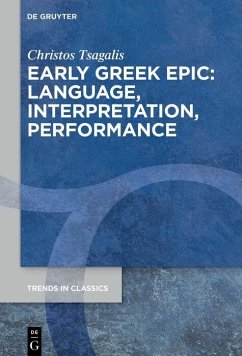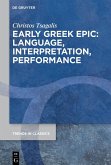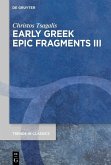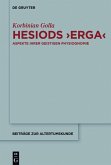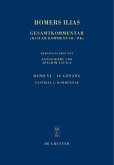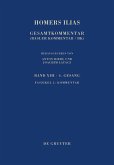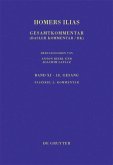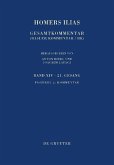In the last fifty years major developments have taken place, both in the field of Homeric studies and in the rest of early Greek epic. These developments have not only created a more solid basis for studying the Homeric epics, but they have also broadened our horizons with respect to the place of Homeric poetry within a larger cultural milieu. The impressive advances in Hesiodic studies, the more systematic approach to the Epic Cycle, the more nuanced use and re-evaluation of dominant twentieth-century theories like Neoanalysis and Oral Theory, the study of other fragmentary Greek epic, the cognitive turn, narratology, the performance of epic poetry in the ancient and modern world, the fruitful utilization of Indo-European material, and the widely accepted recognition of the close relation between Homer and the mythology and literature of the ancient Near East have virtually shaped anew the way we read and understand Homer, Hesiod, and early Greek epic. The studies collected in this volume are informed by most of the aforementioned sub-fields and span four research areas: (i) Homer; (ii) Hesiod; (iii) the Epic Cycle; (d) the performance of epic.
Christos Tsagalis, Aristotle University of Thessaloniki, Thessaloniki, Greece.
Dieser Download kann aus rechtlichen Gründen nur mit Rechnungsadresse in A, B, BG, CY, CZ, D, DK, EW, E, FIN, F, GR, HR, H, IRL, I, LT, L, LR, M, NL, PL, P, R, S, SLO, SK ausgeliefert werden.

